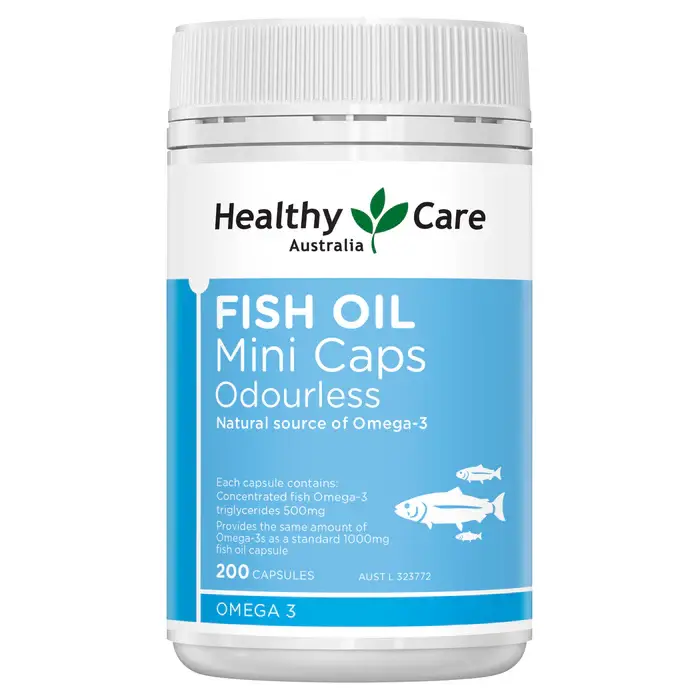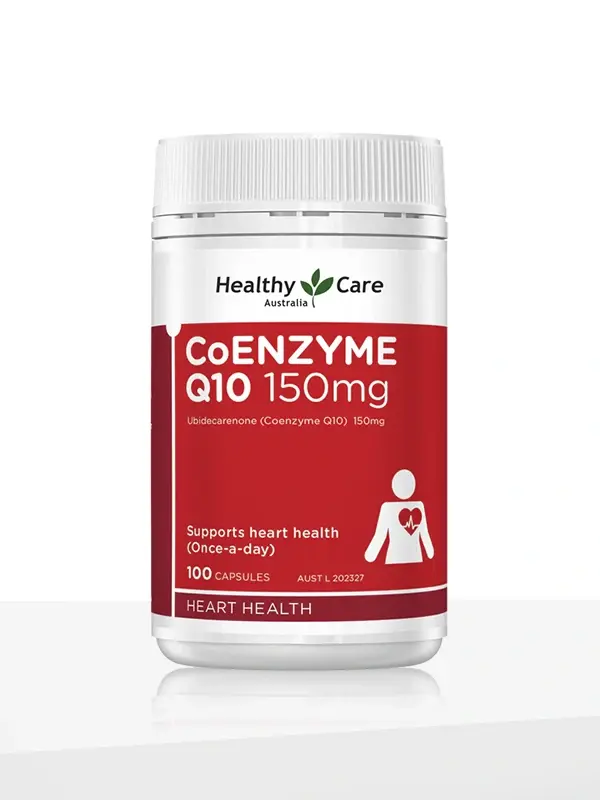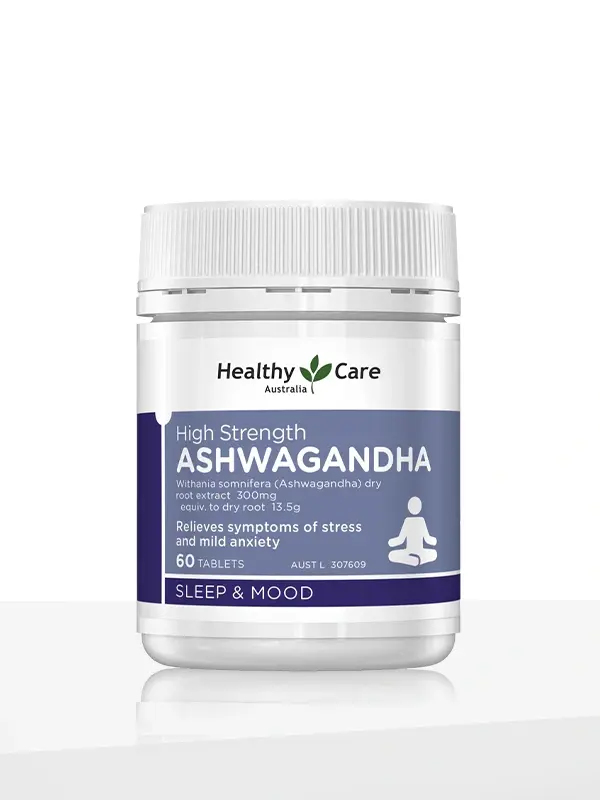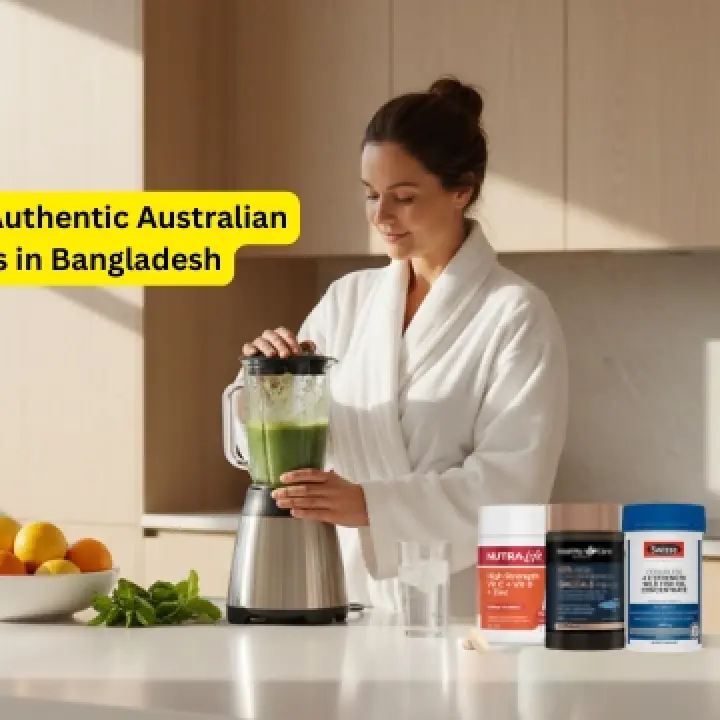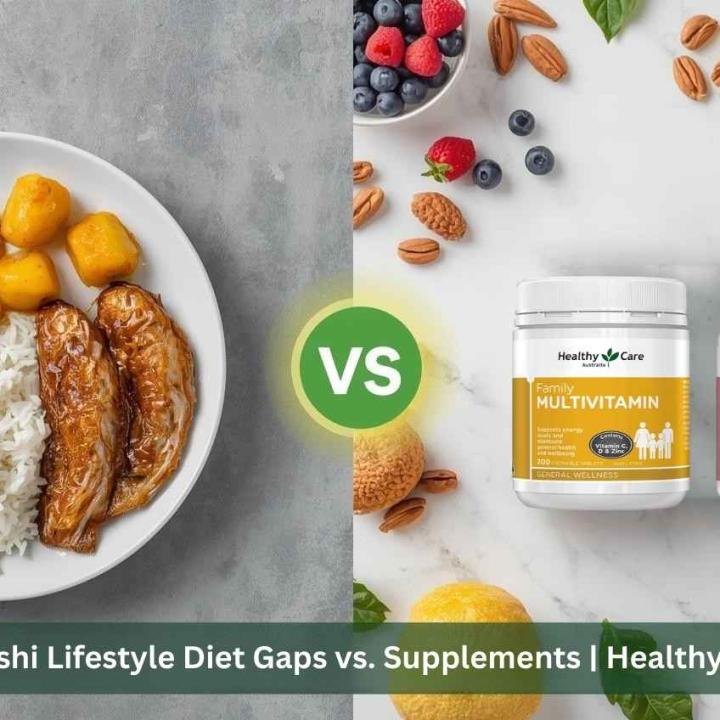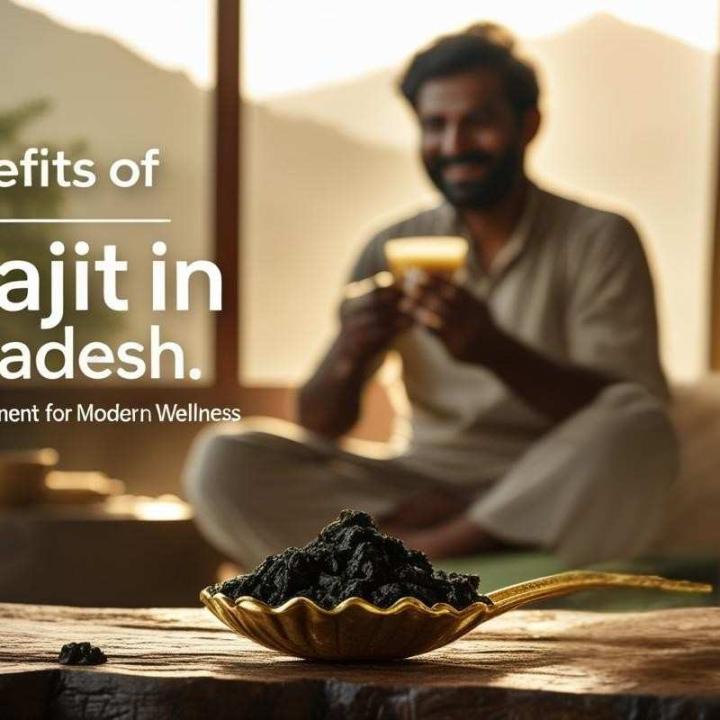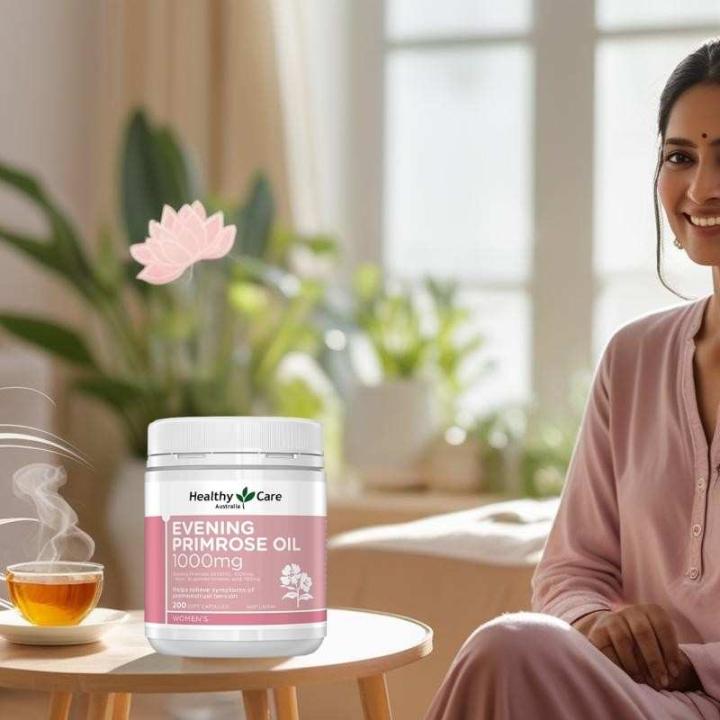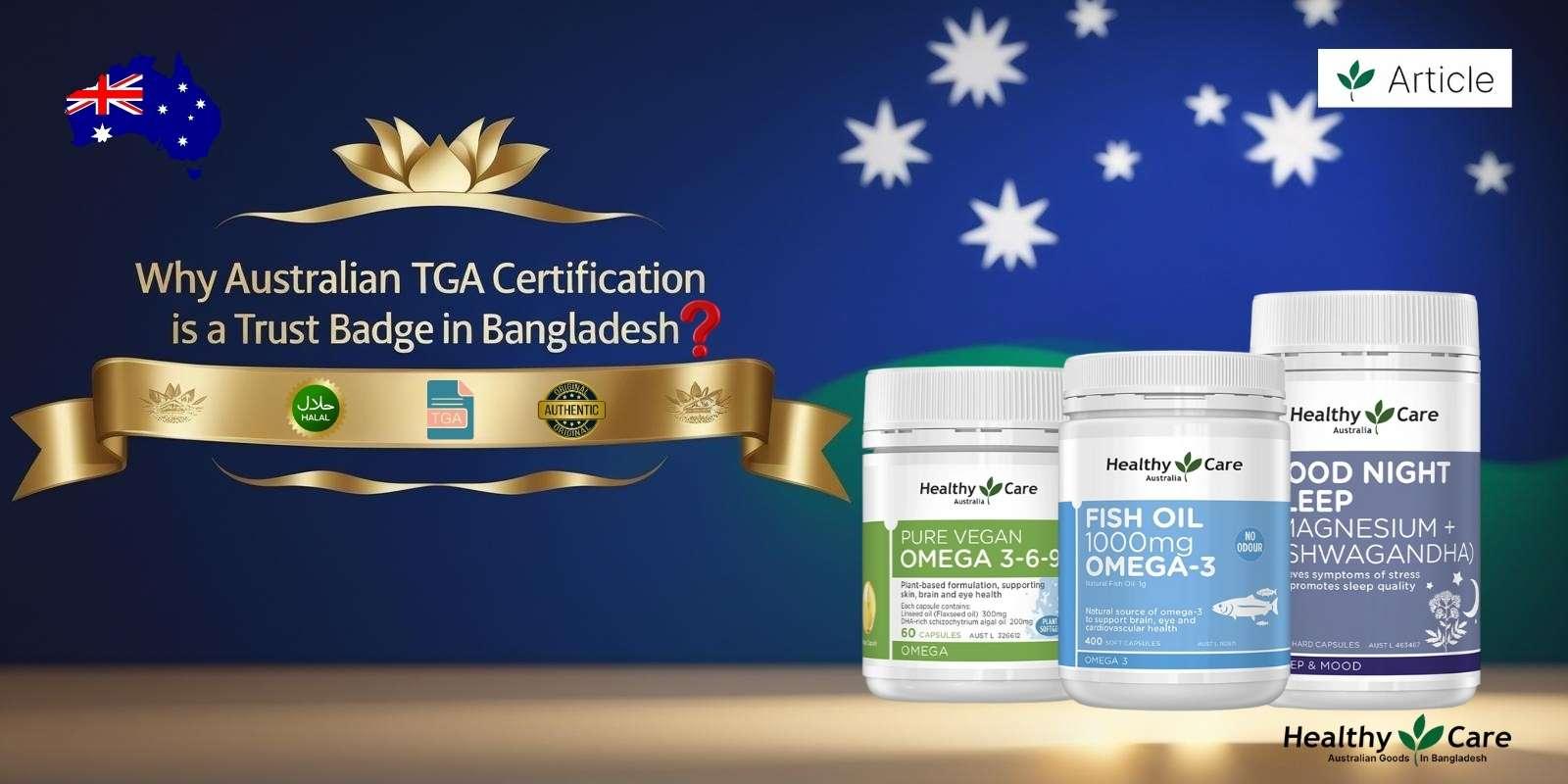
Why TGA Certification Is a Trust Badge in Bangladesh
Written by: Mehedi Hasan, MSc in Food Science & Halal Nutrition
Reviewed by: Dr. Saif Uddin, PhD in Islamic Studies & Halal Food Regulations
Introduction – Why Trust Matters in Supplements
Bangladesh’s supplement market is booming, but so are the risks. Counterfeit imports, fake halal stickers, and poor-quality vitamins flood local shops and online stores. For consumers, one question matters most:
👉 How do I know this supplement is safe and effective? The answer lies in TGA certification, Australia’s strictest health and supplement regulation.
📌 What Is TGA Certification?
The Therapeutic Goods Administration (TGA) is Australia’s equivalent of the US FDA. It regulates all medicines and supplements sold in the country.
- Safety testing – free from heavy metals, toxins, or banned substances.
- Potency checks – label claims must match real ingredient levels.
- GMP compliance – manufactured under Good Manufacturing Practice.
- Clinical relevance – product must have evidence for its health claims.
In Short: TGA certification means a product is scientifically proven, safe, and trustworthy.
🌍 Why TGA Matters for Bangladeshi Consumers
- 🌍 Imported Assurance: Supplements carrying the TGA logo have already passed world-class Australian testing.
- 🕌 Halal-Friendly + Safe: Many halal supplements in BD lack clinical proof — TGA bridges faith + science.
- ⚠️ Protection Against Fakes: Fake supplements rarely meet such strict standards.
- 💊 Peace of Mind: TGA = no hidden fillers, no fake dosages, no dangerous side effects.
⚖️ Halal Certification vs TGA – What’s the Difference?
| Feature | Halal Certification | TGA Certification |
|---|---|---|
| Focus | Religious compliance (no pork, no alcohol) | Scientific compliance (safety, potency, quality) |
| Authority | Islamic Halal bodies (e.g., HCAA, ISA) | Australian Government |
| Guarantees | Faith-safe ingredients | Clinically tested, GMP-standard product |
| Limitations | Doesn’t test for quality or effectiveness | Doesn’t guarantee halal status |
✅ Best for BD consumers: Supplements that are both Halal + TGA certified.
Top Healthy Care Products – TGA Certified & Halal-Friendly in Bangladesh
Healthy Care Fish Oil Mini Caps – 200 Capsules
- Odourless omega-3 for heart, brain & joint health.
- TGA tested for purity.
- Halal-friendly.
Healthy Care Coenzyme Q10 150mg – 100 Capsules
- Boosts energy & heart vitality.
- TGA certified for potency.
- Plant-based, halal-safe.
Healthy Care High Strength Ashwagandha – 60 Tablets
- Reduces stress & anxiety naturally.
- TGA certified, clinically backed.
- Herbal & halal-friendly.
Healthy Care Beauty Collagen – 60 Tablets
- Improves skin elasticity, hair strength, & nail health.
- TGA certified for purity.
- Halal-safe, Australian-made.
FAQs – TGA Certification for Supplements
What does TGA certification mean for Bangladeshi buyers?
It means the supplement is tested, safe, and exactly what the label claims.
Are TGA-certified supplements better than just halal ones?
Yes. Halal ensures faith compliance, but TGA ensures clinical safety. Together, they provide full trust.
Are all Australian supplements TGA certified?
No. Only those approved by the Therapeutic Goods Administration. Always check labels.
Can Bangladeshi consumers rely on TGA as a trust badge?
Yes. TGA is one of the strictest regulators in the world, trusted globally for supplement safety.
✅ Conclusion – TGA is Your Trust Badge in Bangladesh
For Bangladeshi consumers, TGA certification is more than a logo, it’s a guarantee of safety, potency, and authenticity.
- Halal ensures faith compliance.
- TGA ensures clinical safety.
- Together, they give Bangladeshi buyers the ultimate peace of mind.
🌱 That’s why choosing Healthy Care TGA-certified supplements is the smartest health decision in Bangladesh.
📖 Related Blogs
⚠️ Disclaimer
This blog is for educational purposes only. Always check TGA and halal certifications before purchasing supplements. Consult your doctor before starting any new supplement routine, especially if you are pregnant, breastfeeding, or managing a health condition.

